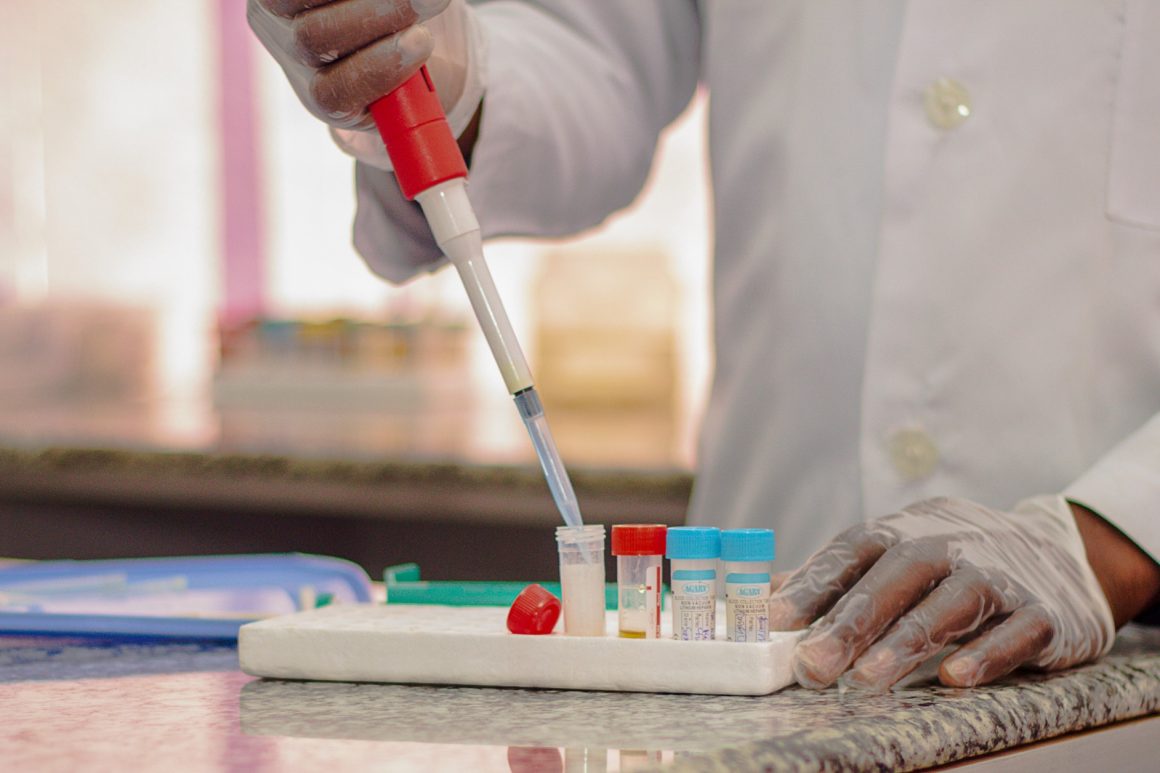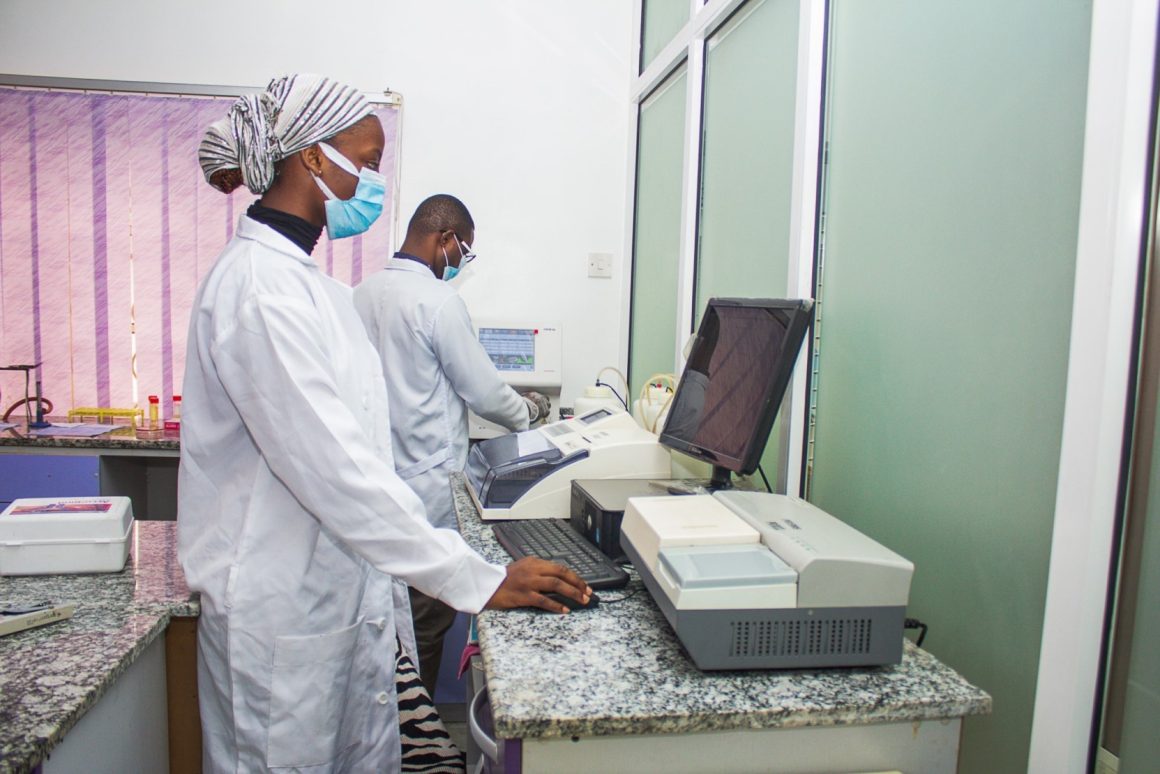DIGITAL X-RAY
X-ray imaging is the fastest and easiest way for a Doctor to view and assess broken bones and other skeletal abnormalities. At least two films are taken of a bone, and often three films if the problem is around a joint (knee, elbow, or wrist). X-rays also play a key role in orthopaedic surgery and the treatment of sports injuries. X-ray is useful in detecting more advanced forms of cancer in bones. Very early cancer findings require other methods.
Radiologists have developed alternative imaging methods that do not rely on radiation, such as ultrasound and magnetic resonance imaging (MRI). However, because x-ray was the first imaging method, many people (and medical imaging professionals) continue to use the term “radiology” to include all types of imaging. Strictly speaking, though, radiology refers to the use of x-rays.
We provide the full range of diagnostic x-ray services for paediatric and adult patients with the capability to image every bone and joint in the human body as well as soft tissue and organ structures
ABDOMEN (SUPINE & ERECT)
ANKLE JOINT
CHEST AP
CERVICAL AP & LAT OR OBLIQUE
CERVICAL SPINE AP & LAT
CERVICAL SPINE ALL VIEWS
CERVICO-THORACULUMBER SPINE
CLAVICLE
WRIST
PELVIS FOR IUCD
PELVIS+HIP
POST NASAL SPACE
SINUSES
DORSAL SPINE
ELBOW JOINT
FEMUR (THIGH)
FOOT
SCOLLOSIS SERIES
HAND
HUMEROUS (UPPER HAND)
KNEE JOINT
LUMBO-SACRAL SPINE (AP, LAT & OBLIQUE)
RADIUS & ULNA (FOREARM)
SCAPULA
SHOULDER JOINT AP & LAT
TIBIA & FIBULA (LEG)
LUMBO-SACRAL SPINE (AP&LAT)
LATERAL PELVIMETRY
MANDIBLE
MASTOIDS
OPTIC FORAMINA
PREGNANT ABDOMEN
PITUITARY FOSSA (SELLA TURCICA)
PELVIS
SKELETAL SURVEY
SKULL (ALL VIEWS)
SKULL (AP & LAT)
TEMPORO MANDIBULAR JOINT
THORAIC INLET
THORACOLUMBER SPINE



